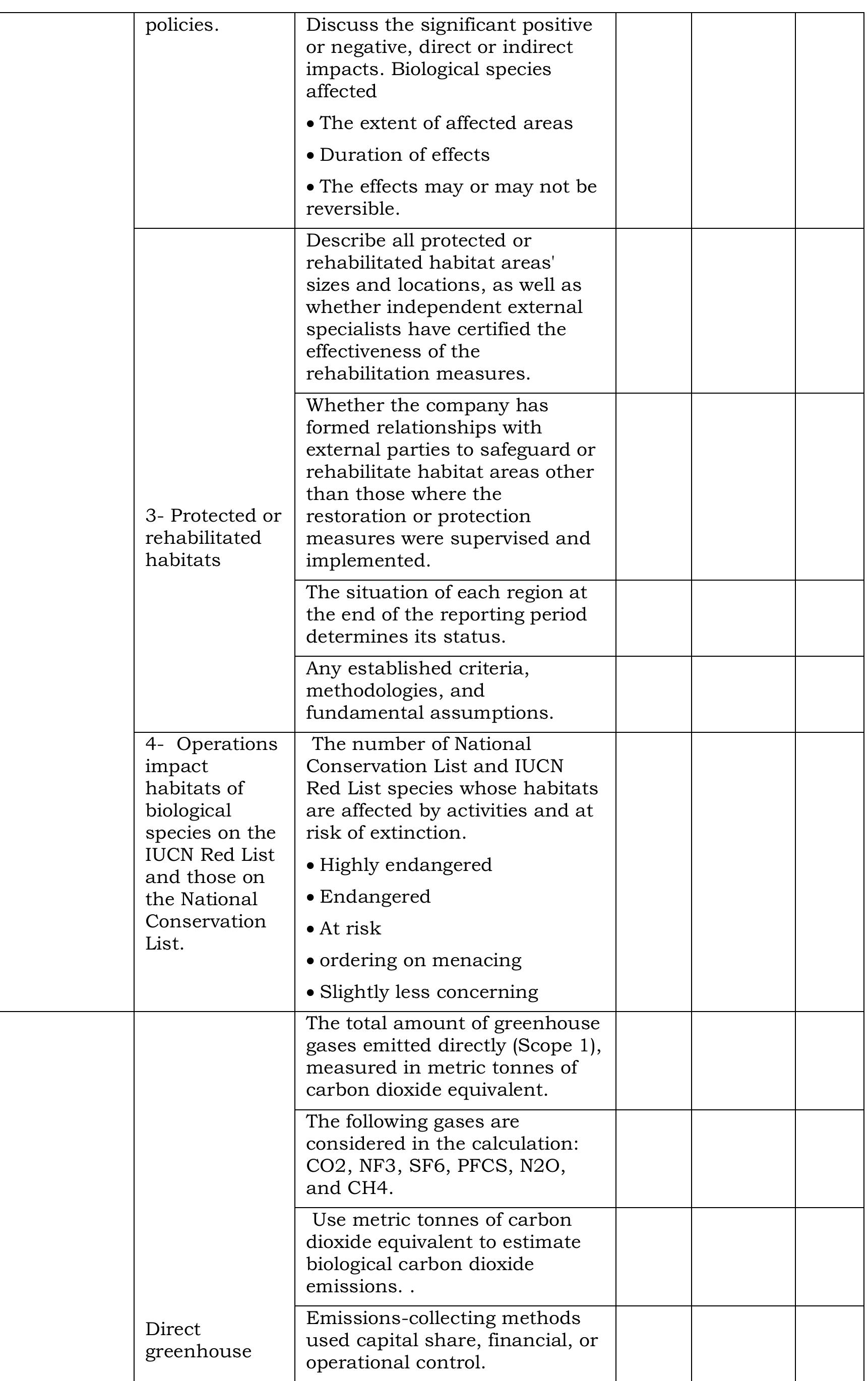Key research themes
1. How can accounting frameworks and practices be effectively integrated to measure and report sustainability performance in organizations?
This theme investigates the development, challenges, and conceptualization of sustainability accounting frameworks and tools that enable organizations to accurately measure, report, and disclose environmental, social, and economic performance. It matters because standardizing sustainability accounting can enhance transparency, stakeholder trust, and organizational legitimacy while addressing the complexities of integrating non-financial factors into accounting systems.
2. What are the inherent challenges and limitations of applying conventional accounting approaches to sustainability and environmental management?
This research area explores the tension between traditional managerialist accounting paradigms and the transformative demands of sustainability accounting. It focuses on the critique that business-centered accounting frameworks may inadvertently perpetuate environmental degradation by embedding assumptions favoring economic priorities over ecological concerns. Understanding these limitations is vital for reorienting accounting towards genuine sustainability advocacy and ecological balance.
3. How can strategic business frameworks and governance structures facilitate the transition towards sustainable development?
This area investigates the role of business strategy, corporate governance, and leadership in embedding sustainability into organizational objectives and practices. It considers frameworks that identify obstacles such as population pressure and consumption patterns, evaluates corporate social responsibility (CSR) initiatives, and highlights board responsibilities in sustainability governance. This theme is crucial for translating sustainability from abstract goals into actionable corporate strategies.













